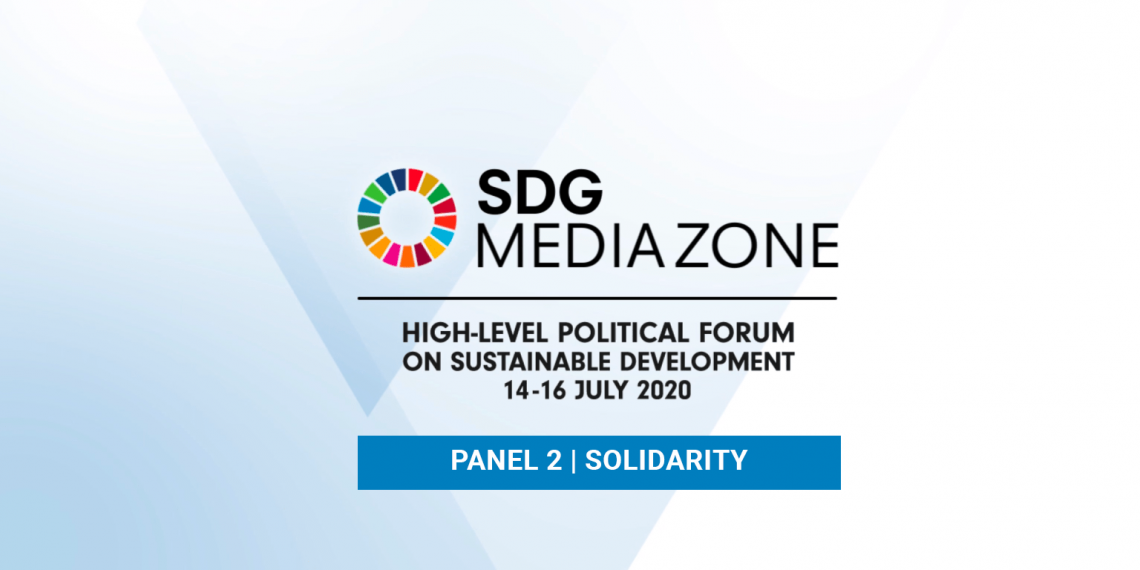“In every society, diversity is a richness – never a threat,” said UN Secretary-General Antonio Guterres, calling racism, and hateful and divisive narratives “an abhorrence that the world must reject.”
In a world torn by hate and racism, and isolated by an unprecedented pandemic, we often look to humanity, compassion, empathy and cooperation for hope. To build back better, we need to understand that we are all in this together, no matter how we look, where we live or what we do.
We know that solidarity matters for a better world so we asked three inspiring leaders – UN Under-Secretary-General for Global Communications Melissa Fleming, actor and SDG Advocate Forest Whitaker, and a young change-maker, Farai Mubaiwa- about why we must place solidarity and human rights at the heart of all recovery efforts.
“I think that the important thing we need to realize is that the systems that our world was built on, were never fair to begin with,” said Farai Mubaiwa, who co-founded Africa Matters, an organization that empowers young people in Africa. Its slogan reads “Because we are the ones we’ve been waiting for.”
“That is to tell young people, but in fact everyone in society that, you have to be the change you want to see. You have to be the one that you have been waiting for,” added Ms. Mubaiwa when asked what her advice for young people would be in our efforts to build back better.
“We need to realize that it is not only governments who are responsible for creating and shaping the society we want, it is us as well. So, the same way in which we hold governments accountable, we need to hold ourselves accountable as well.”
So what motivates people to come together to end what divides us?
“People are just fed up,” stressed Melissa Fleming, who heads the United Nations Department of Global Communications. “They’re fed up with a bad environment; they’re fed up with not having a voice; they’re fed up with inequalities; they’re fed up with legacies; and they’re fed up with injustice.”
Academy Award-winning actor and director Forest Whitaker couldn’t agree more. He wears many hats at the United Nations, using his influence to advocate for disadvantaged and fragile communities, including children affected by war. What motivates him is the hope that people want and need change for everyone.
“I’ve seen them continue to protest across not just this country, but across the world itself. It seemed to me that change can happen. If we listen, and allow, and support the youth and those who are out there trying to make a difference and change our society – amazing things can really happen.”
The discussion was part of a series of talks on sustainability, solutions and solidarity, during the UN High-level Political Forum on Sustainable Development – an annual event where global leaders review progress and challenges on SDG progress, sharing best-practices and exploring partnership opportunities for the global good.
Taking place under the shadow of COVID-19, the Forum has become a platform to discuss post-pandemic recovery efforts that are in tune with the SDGs – in other words inclusive, sustainable and fair. While young leaders like Ms. Mubaiwa have already found their entry points into changing society, how do we make more people realize that we are in this together?
“This virus is the only enemy, it’s not the people,” concluded Ms. Fleming. Let’s get through this crisis together with solidarity as brothers and sisters. And then when we emerge, let’s have a better society built on the Sustainable Development Goals.”
Watch their full discussion on solidarity at the heart of recovery.


